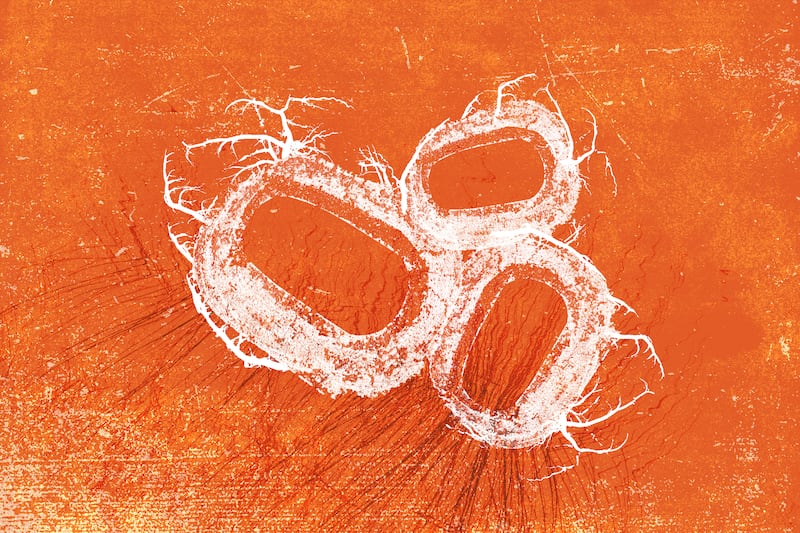If you take an at-home rapid COVID-19 test and the line shows up very faintly, does that mean you have COVID? Here’s what we know.
Defining the line: The short answer is yes.
- Omai Garner, associate clinical professor and director of clinical microbiology at UCLA Health, told the “Today” show that the line shows the presence of “targeted viral proteins.”
- Any sort of line on a COVID-19 test, even if it is barely visible, could mean you have COVID-19 and are contagious.
- When testing, the COVID-19 proteins adhere to the line and show a band, said Dr. Amy Mathers, associate professor of medicine and pathology and associate director of clinical microbiology at the University of Virginia School of Medicine, according to the “Today” show.
- If a line shows up on the test at all, that means there are COVID-19 proteins in your nose.
- Garner says that the more viral proteins there are in your body, the darker the line on the test will be.
- The Food and Drug Administration also states that even a faint line on a test is an indication of COVID-19.
Should you trust an at-home test? Previous reporting by the Deseret News states that one study found that at-home tests provide results with only 64% accuracy.
- If you are unsure about your at-home test result, you can take a PCR test, which has about 84% sensitivity.
False negatives: The Deseret News also reports that false negative COVID-19 tests are more common than you might think.
- If you are showing symptoms but still testing negative, doctors say this doesn’t necessarily mean you are in the clear.
- Even though you have a negative test, you could still be contagious — the viral load might not be strong enough to trigger the test, per the Deseret News. It may take up to five days to get a positive test after exposure to the virus.
View Comments
False positives: Doctors say that false positive tests are very rare, only happening at a rate of 0.05%, the Deseret News states.
- If your test shows any indication of a positive result, you more than likely have COVID-19.

